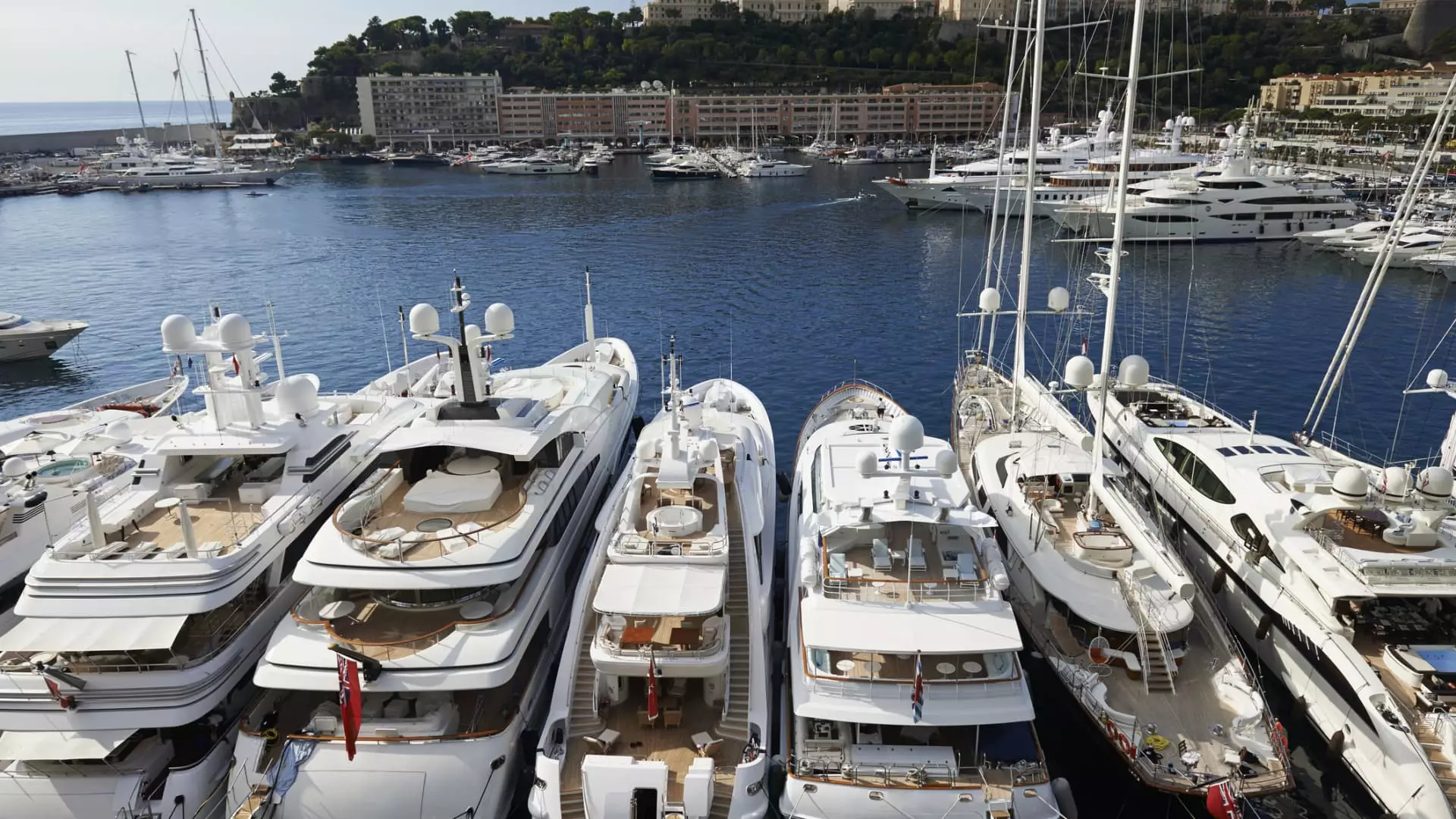The recent move by the U.S. government to impose a 15% tariff on European-made recreational boats and yachts exposes a fundamental misunderstanding of economic interconnectedness and the reckless pursuit of protectionism. While critics may argue that tariffs protect domestic industries, the reality reveals a chaotic, damaging ripple effect that ultimately harms American consumers instead of fostering American manufacturing. This policy, cloaked in nationalist rhetoric, neglects the international dynamics of luxury markets and the nuanced nature of high-end recreation. The perceived safeguard for U.S. boat builders isn’t just misguided—it’s self-sabotaging for what remains of an industry that relies heavily on European craftsmanship and innovation.
The Exclusive Dilemma of Wealth and Taxation
The wealthy elite, often portrayed as insulated from economic shocks, will not remain immune to these increased costs. For individuals capable of purchasing yachts in the multimillion-dollar range, a 15% surcharge might seem negligible on paper but becomes painfully tangible in real terms. The assumption that the rich can absorb additional tax burdens underestimates their strategic acumen; they are adept at protecting their wealth through legal and logistical channels. Registering vessels abroad—particularly in countries like the Cayman Islands or Malta—serves as a clever loophole that diminishes the intended impact of tariffs. This blatant gaming of the system exposes a broader societal failure: a tax policy so poorly designed that it incentivizes exploiting legal havens rather than addressing underlining economic inequality or ensuring sustainable industrial growth.
The Fallout: Power Dynamics and Market Shifts
The fallout from this misguided trade policy extends beyond mere financial inconvenience. It threatens deeper economic stability and reveals a troubling trend towards favoritism for the ultra-wealthy. These yachts are symbols of status and excess, and their regulation should consider broader societal implications. Instead, this policy risks widening the inequality gap, as the wealthy find new ways to shield their assets and continue enjoying luxury unobstructed. Meanwhile, U.S. yacht manufacturing firms, which might have hoped to capitalize on rising domestic demand, could be caught in a cycle of decline. The tariffs reinforce existing global economic disparities, favoring affluent buyers who possess the means to circumvent restrictions, and punishing smaller U.S. industries that lack the resources to compete internationally.
Questioning the Long-Term Viability of Tariffs
From a strategic standpoint, the tariffs are short-sighted. They ignore the complex incentives at play in global markets and fail to account for the nature of luxury asset trades, which are not purely driven by tariffs but by perceptions of value, craftsmanship, and exclusivity. This approach risks alienating European partners and trading allies, diminishing U.S. influence and market access in a crucial sector of luxury consumption. Moreover, these tariffs can inadvertently spark retaliatory measures that could further destabilize U.S. trade relations. Rather than fostering growth, they threaten to turn a thriving sector into a microcosm of economic nationalism—ineffective, divisive, and ultimately destructive.
Reimagining a Smarter Approach to Trade and Industry Support
The focus should shift from punitive tariffs to strategic investments—supporting innovation, fostering fair trade agreements, and nurturing U.S. manufacturing through incentives that harness sustainable growth. Instead of alienating European allies and wealthy consumers, policymakers should consider collaborative frameworks that promote shared prosperity and technological advancement. A balanced approach would recognize that luxury industries are vital to cultural diplomacy and economic diversification, and that protecting them requires nuanced policies rooted in mutual benefit rather than unilateral protectionism. Only through such enlightened strategies can the U.S. ensure long-term competitiveness without sacrificing its global reputation or widening the socio-economic divide.


Leave a Reply